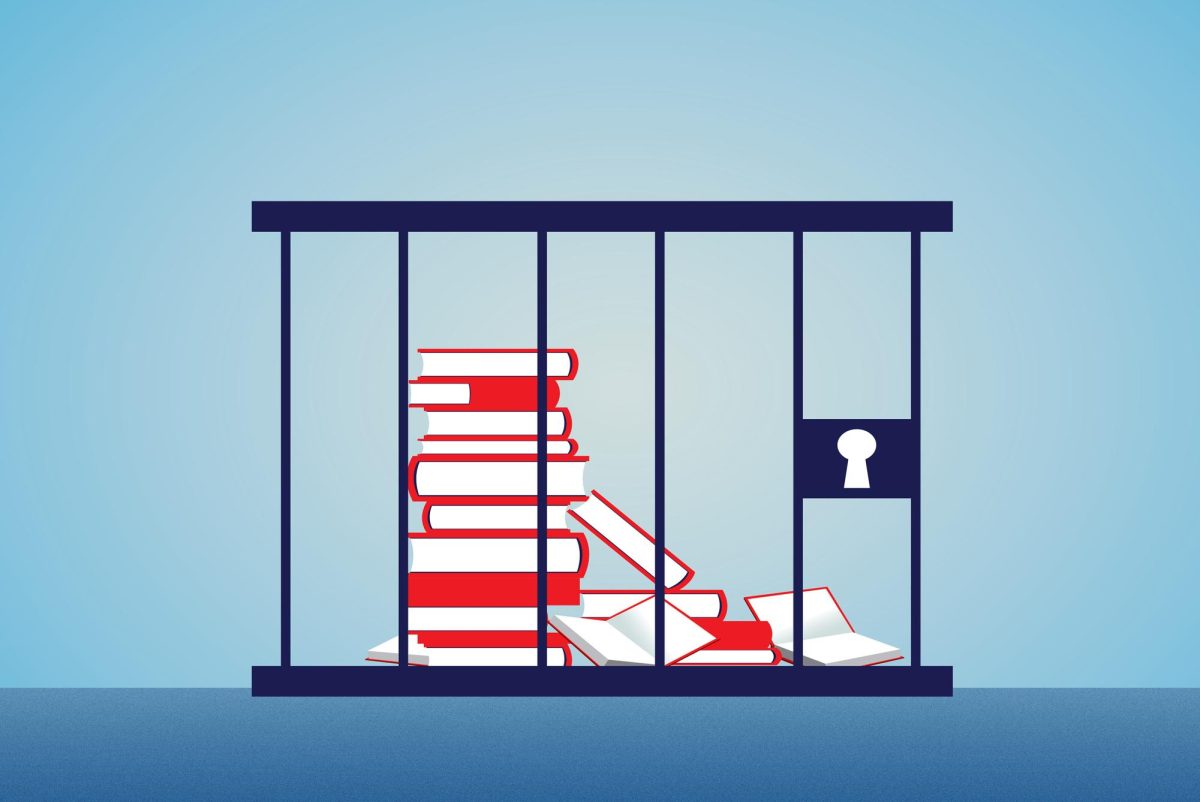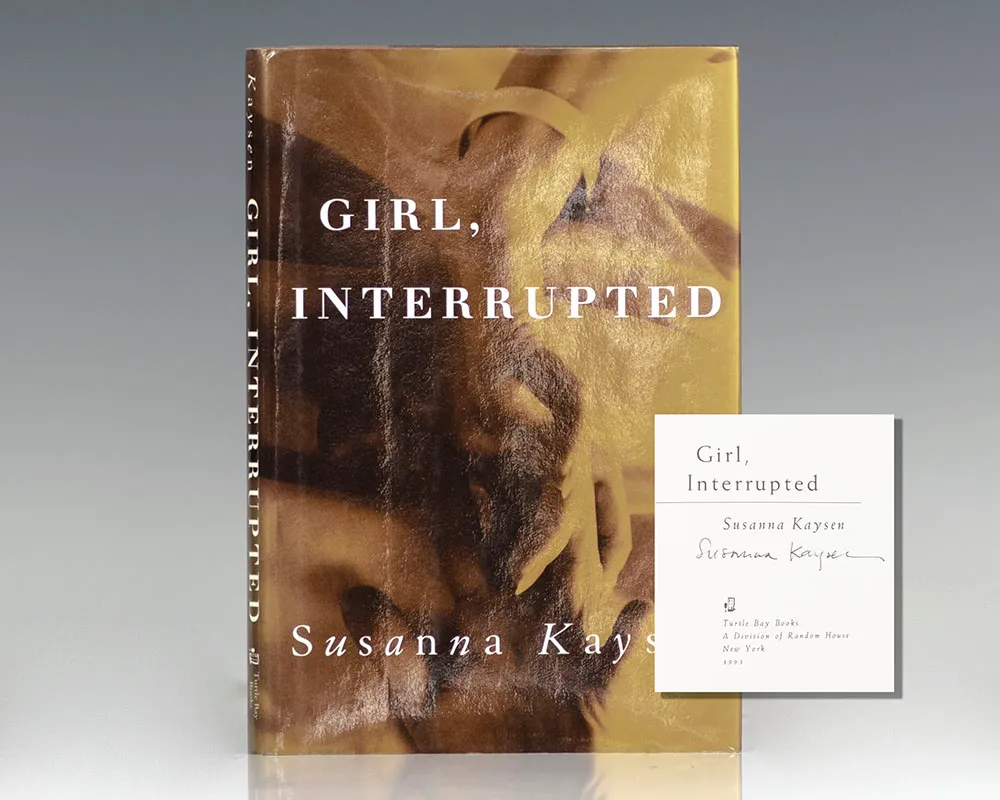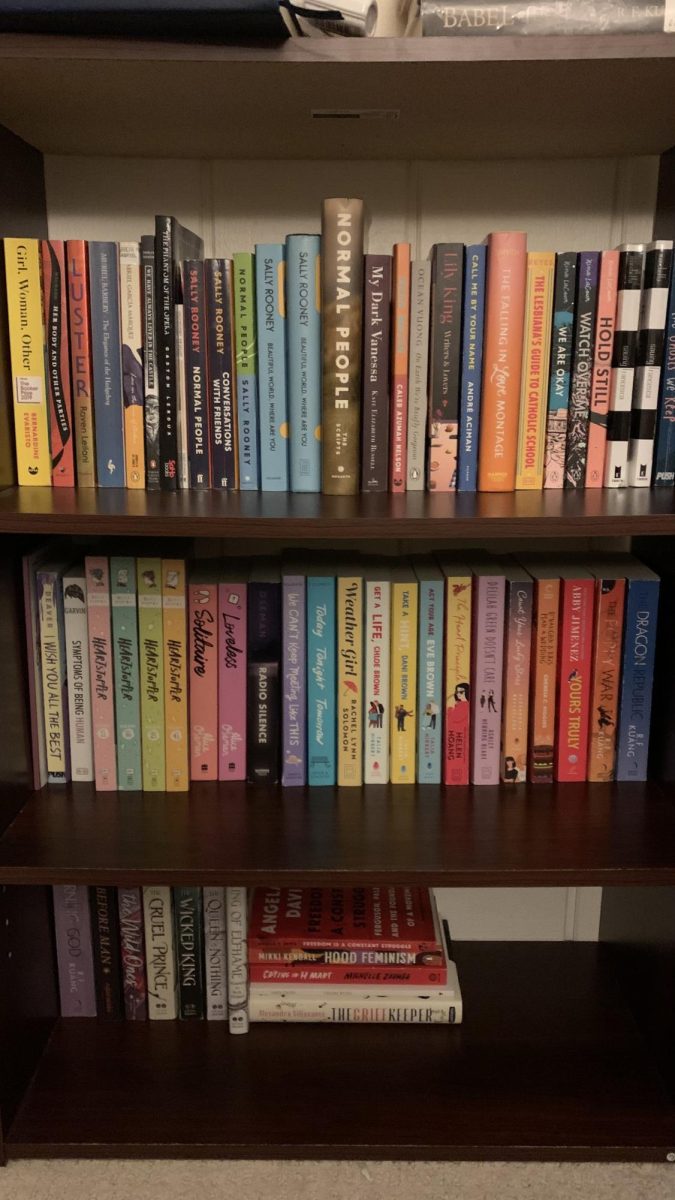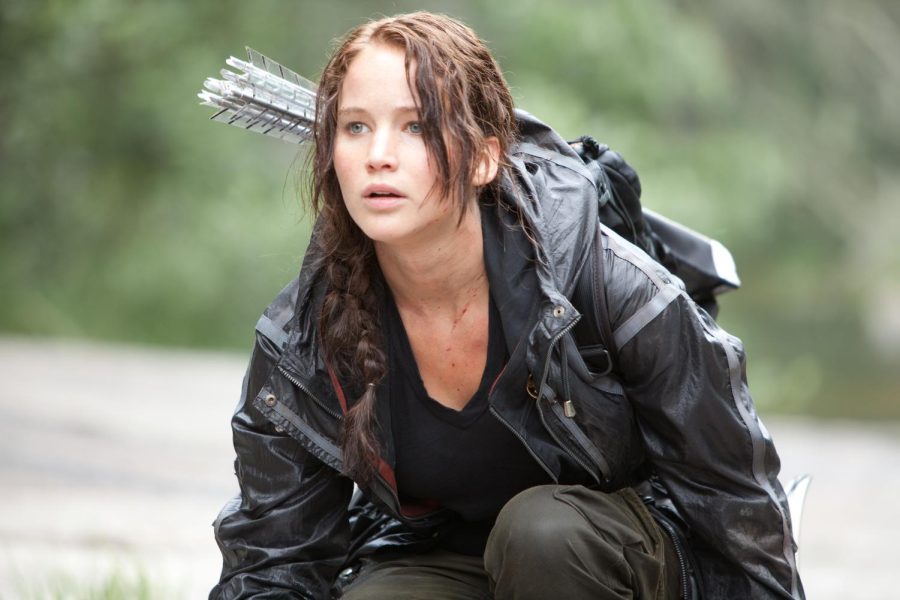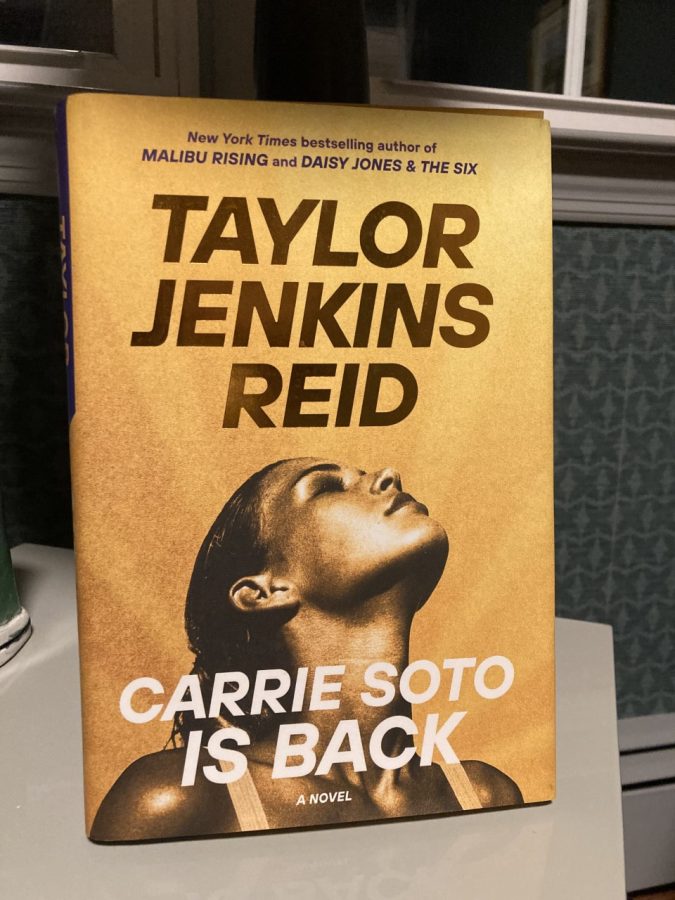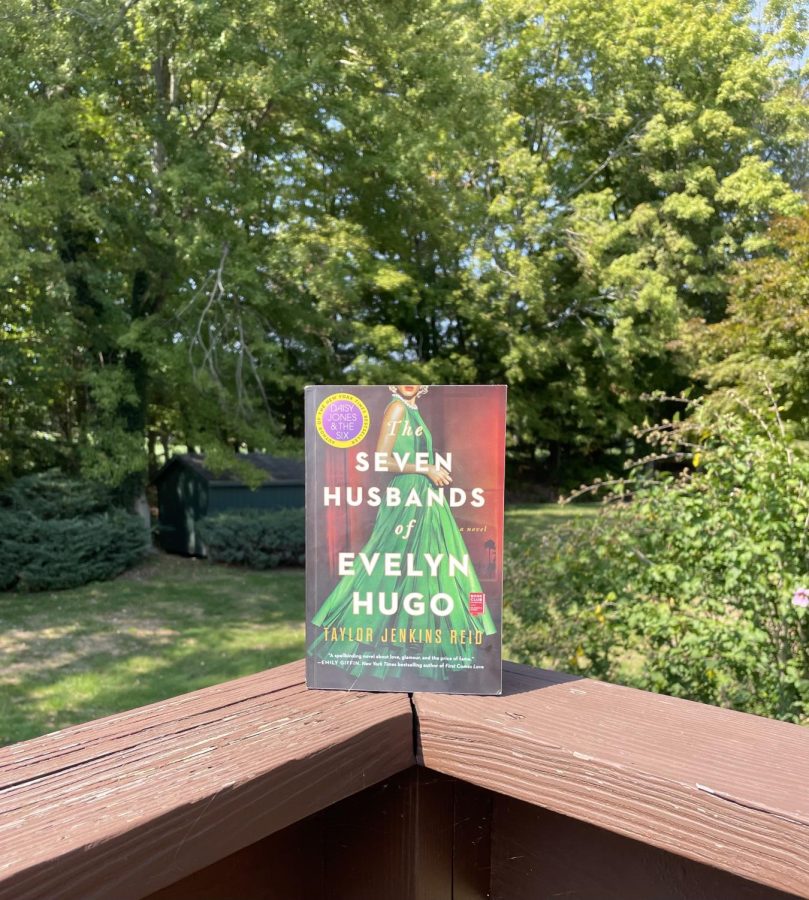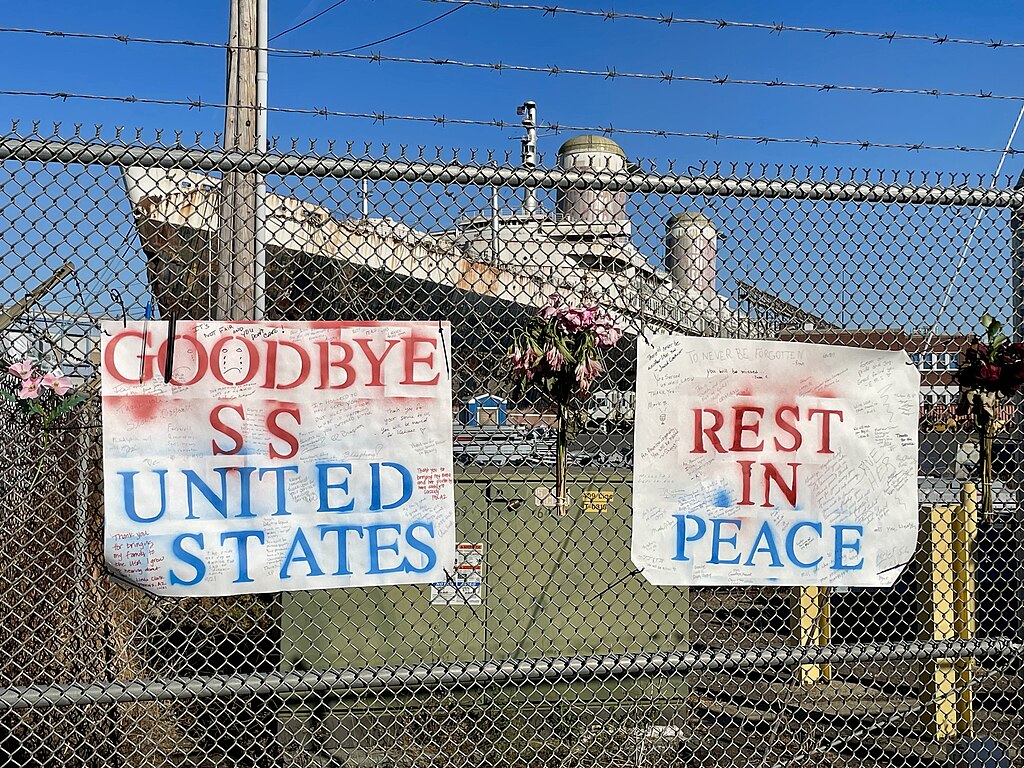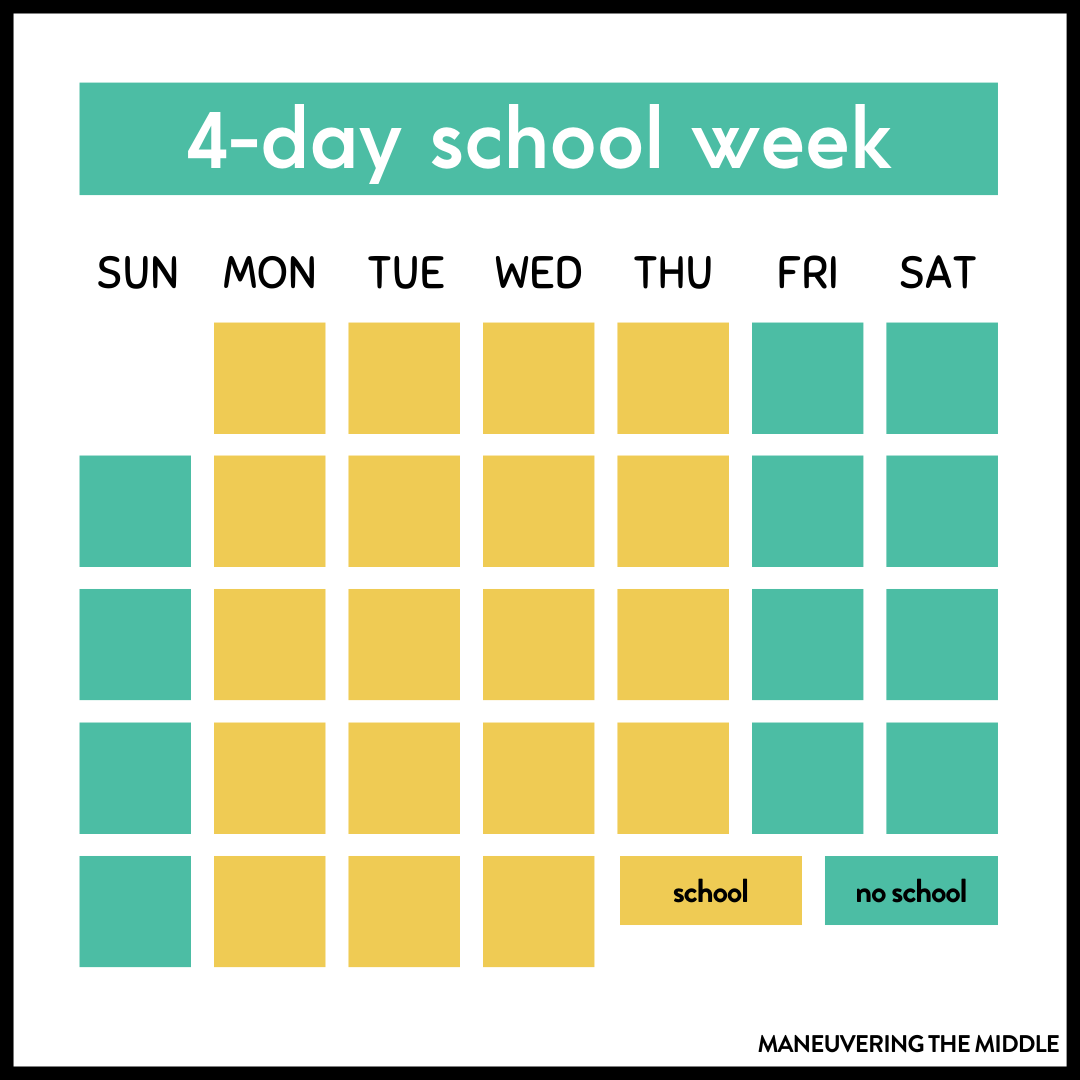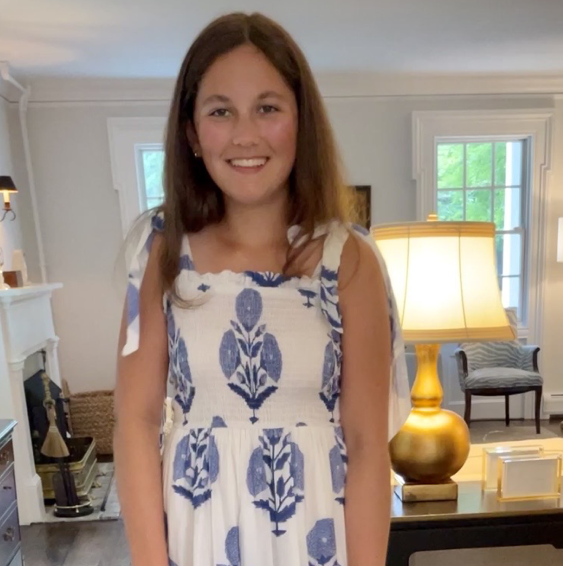Across America, book bannings have surged at a rocket pace with a record breaking 3,362 books banned in the 2022-2023 school year, which is a 33% increase from the prior school year according to PEN America. The dramatic increase in schools debarring certain books from being read, many being America’s most cherished novels (To Kill a Mockingbird, The Hate U Give, The Catcher in the Rye, etc), in conjunction with communities endorsing this new-founded censorship, has resulted in books literally being tossed into flames. A recent example of this phenomenon took place at the Global Vision Bible Church in Juliet, Tennessee, where Pastor Greg Locke led the church in burning books that were perceived as ‘evil’ and ‘witchcraft’. He believed these books would torment and corrupt the younger members of the congregation. This new trend of book banning has begun to raise concerns on social media platforms, as people have been drawing comparisons of the banning/burning of books dating back to almost 100 years ago, during the Nazi regime in Germany.
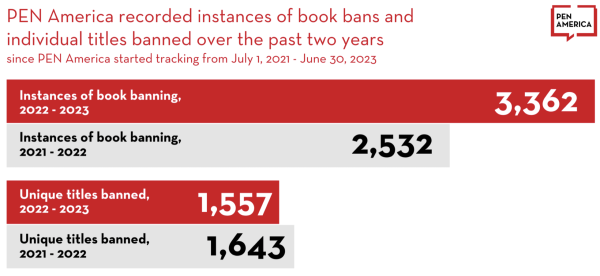
What I think has frightened people on social media the most about this whole travesty is not the literal prohibiting that have been produced, but more what will come to follow from these new ritual exercises, if we compare to the bannings/burnings of books Nazi Germany practiced almost a century ago? By limiting the intellectual curiosity possessed by humans, or more frankly, knowledge and authenticity, will we as a society begin to follow and support irrational and cruel leaders, because we have no individuality or opinions of our own. Or if we tie this back to what is going on currently in the country, with the staggering cases of parents and teachers rallying side by side in attempt to remove books from school library shelves, what will the outcome be for when those little humans become big and become of age of being in a spearheading position? I suppose my primary question is what service does banning books acquire, even if it means shielding children from reality? This question has been pondering through my mind lately, as I try to understand the logic and reason for why parents feel so strongly about limiting the information their children read.
In accordance with these questions, I went around the Darien High School Library and asked students what they thought the reason was. Sophomore Taylor Platt said, “I think parents are invested in restricting certain books because they don’t like the ideas that are affiliated and what it might make their children follow or believe… I think that they believe they are ‘protecting’ their children from harmful material that might scare them and perhaps even jeopardize their future.” Adding on to what Taylor Platt said, ninth grader Allison Murray, said “removing books from school library shelves won’t help kids evolve. Removing books just limits potential ideas a child might have- they won’t come up to be well rounded in ideas.” While I did agree with what Taylor Platt and Allison Murray said about
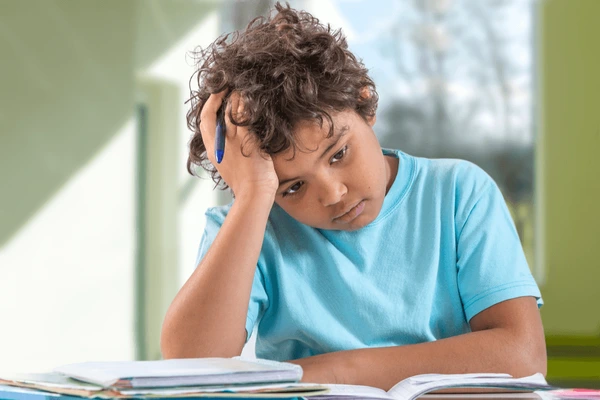
the parents vision for removing books and how it affects children, I did not shy away to hearing a different stance on the matter. If anything the contrasting view helped shape my perspective on the dilemma. Sophomore Maya Eltvedt,
said “I think parents are invested in it because they feel that schools are pressuring children to read things that they are too young to understand. If anything, I think they just want to preserve their children’s sanity and happiness, and not have them read and have to take and defend their stand on certain topics.”
After hearing numerous perspectives on this matter, I have begun to wonder if perhaps there is a compromise or somewhere where people who believe or disagree with book banning can meet eye-to-eye. I think what really frightens and agitates people who disagree with book banning, is quite literally the words ‘ban’, ‘prohibit’, ‘burn’, ‘remove’, that are associated with restricting books children can read. In contrast, I think what worries people who follow book banning is the idea of pressuring young humans to follow or take a side on a matter, and not be brought up to come up with their own views on the world. Especially in todays society where many people feel overwhelmed whether it is on social media or in-person to have to take a side on something and not have the liberty to say ‘I am honestly not sure’.
Perhaps, if school administrations such as Darien, collaborated with parents to reshape the structure that comes when banning books for children, and instead of removing books from shelves permanently they set age restrictions, we would then be able to function together as a society when it comes to this matter. Because, while I do believe that no one should ever toss a book into flames, I do think that sometimes we need to delay the access of certain books for children, and have them read the books when it is appropriate age wise. So they can fundamentally understand and interpret the novel without great confusion.

